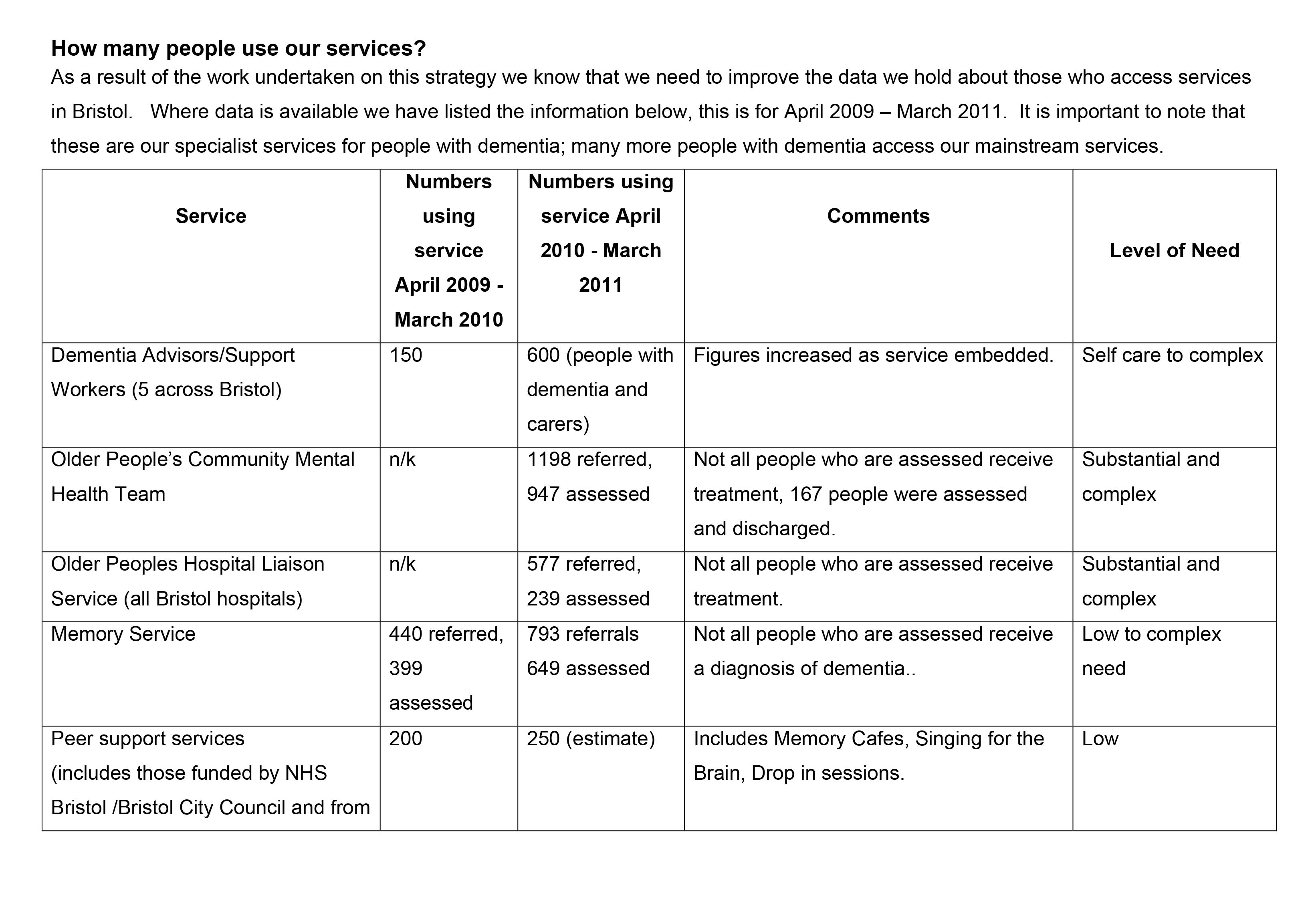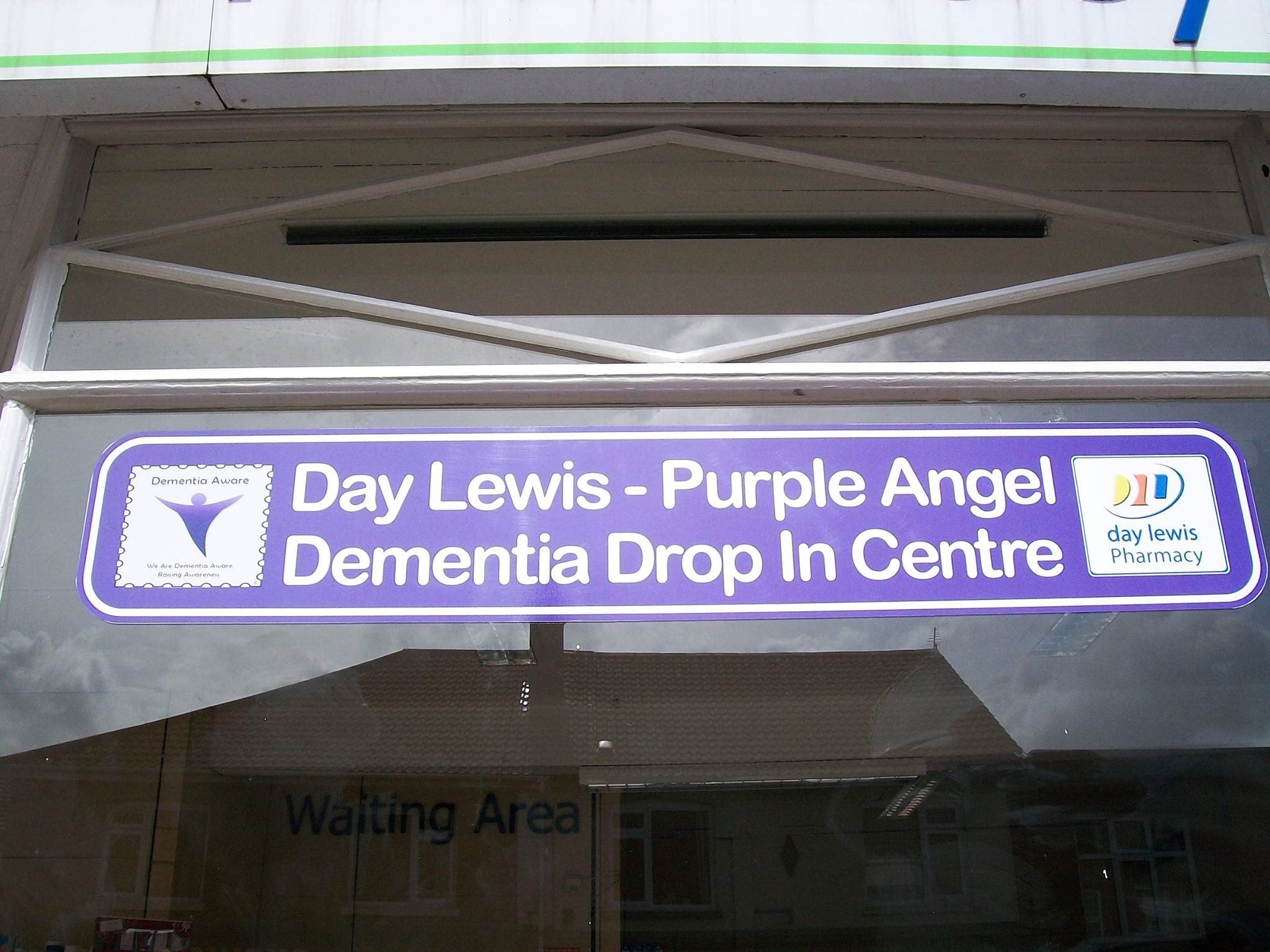There’ll be a third of people roughly who’ll hate whatever you do.
There’ll be a third of people roughly who’ll love whatever you do.
There’ll be a third of people roughly who’ll be completely indifferent.
This is advice my father gave to me shortly before he died. In society, there will always be a hardcore group of selfish bastards.
Many people who develop long term conditions in adulthood report how people whom they had considered ‘friends’ suddenly desert them.
They say ‘sayonara’ when times get tough. They are not there for you when it matters.
Sadly, in the real world, with all the best will in the world from policy-makers, there will very many people for whom this becomes an extremely negative experience on receiving a diagnosis of dementia from a clinician.
The shock of receiving that diagnosis can be profound, leading almost for the recipient of the diagnosis to enter the first stage of the Kubler-Ross ‘five stages of grief': denial.
And of course doctors can come to the wrong conclusions especially if the information is slightly incorrect: so in an ideal world, every first diagnosis would be confirmed through a specialist look at the supporting evidence including perhaps further tests.
There has never been a definitive statement that there has been a concomitant increase in resources for services for specialist dementia services for this national policy in increasing dementia diagnostic rates. This is one issue which the All Party Parliamentary Group for dementia under The Baroness Greengross should examine urgently, I feel.
Unfortunately, if ‘friends’ of yours suddenly leave you in droves, you will end up lonely, even if you yourself are a pleasant person.
“I have never felt so lonely” is a very common saying to hear a person living well with dementia saying, even in this age of ‘Dementia Friends’.
So, there’s the rub, schemes such as ‘Dementia Friends’ will make certain people collect a badge for making themselves feel better about having done something superficially for dementia, and think ‘job done’.
But it’s the action which follows which matters. This might include contributing to a dementia charity, with a very small proportion of revenue ultimately going towards research into living well with dementia.
The original Japanese ‘befriending’ scheme meant exactly that. The aim was to ‘befriend’ a person living with dementia, to break down the usual taboos.
So it is not altogether surprising that, if society still shows stigma and discrimination towards people living with dementia, there are some people who might recognise symptoms but prefer to keep schtum.
Keeping schtum might be delaying to see the Doctor, or delaying doing something about the diagnosis, such as having it confirmed elsewhere or telling close friends about it.
In the cost-benefit analysis, telling people about the diagnosis might be accompanied about fears of losing your driving licence (as indeed a person from South London living with vascular dementia told me three days ago at the Alzheimer’s Show). Or it could be accompanied by fears about job prospects. Or it could be accompanied by fears shopping or using a bank.
Whilst I disagree with the name, you can sympathise with the general good intentions of ‘dementia friendly communities’. And perhaps award ceremonies which celebrate good practice, if they break down discrimination and stigma, might help.
Seeing people living well with dementia might help turn around negative perceptions of certain people. This might include Norman McNamara’s infectious ‘Run for the Sun’, the winner in the 2014 Riviera Fringe Festival Anthem Competition. Or it could include Sir Terry Pratchett continuing to produce successful books whilst living with a diagnosis of a type of dementia called posterior cortical atrophy.
But one is immediately cautious about embarking on a route where people living with dementia need to prove they are successful to prove their worth. This is reminiscent of some people from ethnic minorities who had to prove themselves academically and professionally to be accepted. At one extreme, for example, should be welcoming immigrants into this country only if they can contribute something economically to this country? Nigel Farage has often spoken about the engineer from New Zealand being discriminated against compared to perhaps an artisan from a country such as Latvia.
But it is clearly going to be difficult to change direction of a huge ocean liner. One week’s ‘Dementia Awareness’ is necessary but insufficient, possibly. People’s basic knowledge about dementia could be improved with some basic facts – e.g. that it is not part of normal ageing, many people live well with dementia, dementia is not just about memory – as per the ‘Dementia Friends’ campaign from Public Health England delivered by the Alzheimer’s Society.
However, people with dementia often report that they need to be given time and for others to be patient from both professionals and non-professionals. People with dementia often report being rushed in settings ranging from supermarket aisles to acute hospitals. Such a sentiment of feeling rushed more often than not gets tagged onto a feeling of being a burden, and can become profoundly depressing.
When professional shills for raising money into dementia get accompanied by ‘cost’ rather than ‘value’, and when public perception of some in society about people living with dementia can be low, the situation can get worse rather than better.
When we use terms such as ‘dementia friendly communities’, it can engender a feeling of ‘them against us’, and people with dementia become ‘somebody else’s problem’.
Of course, many people are not so pathetic, and such negative generalisations may not be justified with recent successes in raising awareness such as G8dementia or ‘Dementia Friends’.
But we do need to worry as a society if things have not fundamentally changed as a society in perception and identity of people living with dementia. Some people still refuse steadfastly to believe there are some people living well with dementia. It could be the case that people actively avoid talking about the ‘D’ word in much the same way they once avoided the ‘C’ word, and this is reflected in the comparative lack of funds raised for dementia and cancer respectively.
‘Dementia Awareness Week’ is running here from 18-24 May 2012.
If one more person can become a bit more understanding about living with dementia, there are plenty of reasons to be cheerful?
Please support us on Facebook this week.
Deep breaths..
Deep breath…



